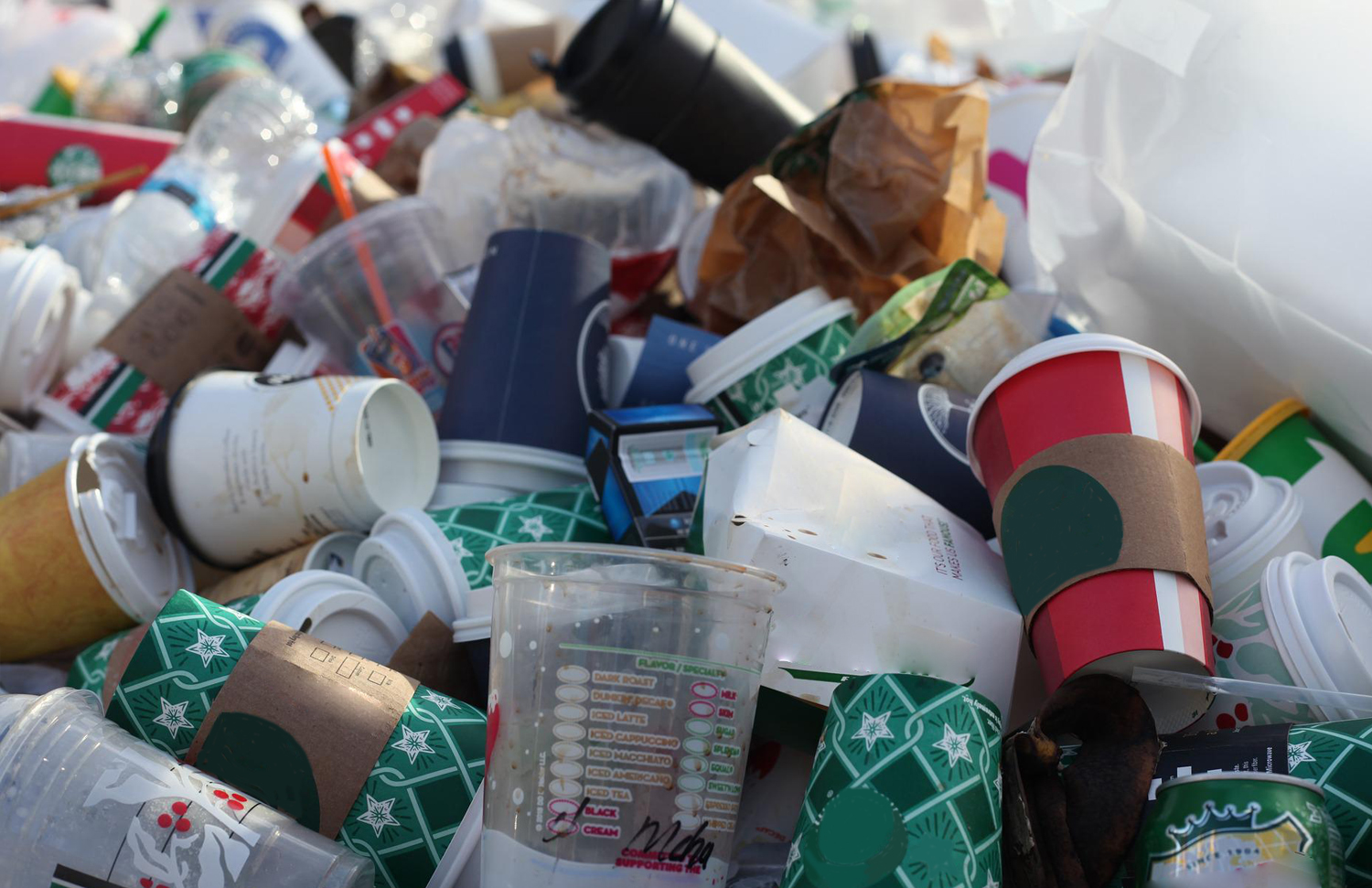On April 09th, 2022, the study “ReShaping Plastics” was presented. The survey by think tank SystemIQ was commissioned by PlasticsEurope with the support of an independent steering committee and expert panel. Representatives from EU institutions, non-governmental organisations, universities and industry were involved. Among them was Matthias Giebel, Partner for Sustainability & Innovation at B+P Consultants and co-editor of this newsletter. In our author article, he evaluates the results of the study for you from the perspective of the packaging industry and names specific challenges.
Introduction
I felt honoured to be part of the expert panel for the “ReShaping Plastics” study as an expert on the packaging industry. It was launched on April 4th, 2022, and I would like to share with you some thoughts on it from the perspective of the packaging industry.
First, however, I would like to explain that it is the task of the members of the expert panel – as stated in the report – to test the hypotheses and provide input to the study approach.
However, this does not mean that all statements reflect their individual views or those of the organisations they represent.
Evaluation of the study
I believe that the study as a whole is a strong call to action for all stakeholders. The study is absolutely right when it points out that “the European plastics system is already adapting to the challenges of climate protection and the circular economy, but not yet fast enough to achieve the goals of the Circular Plastics Alliance, the European Green Deal, or the Paris and Glasgow climate agreements”.
The study is also right when it concludes: “The levers of the circular economy are the fastest, most affordable, effective and reliable method of reducing greenhouse gas emissions and waste disposal available to stakeholders today, and most of their benefits can be achieved before 2040.”
Specific challenges
Nevertheless, there are specific challenges to be overcome, of which I would like to mention just two that will be crucial for a successful circular scenario, especially in the packaging industry:
- Mechanical (material) recycling across all subsystems is expected to increase by 1.8 times to almost 6 million tonnes by 2030. This requires recycling-friendly design and scaling of the entire recycling value chain, including collection and sorting. It seems critical to me that there is a lack of both binding legal framework conditions (food contact regulations!) and investments.
- Chemical recycling is also expected to increase to 3 million tonnes by 2030, leading to a system change. However, only for the packaging industry, as the requirements for the packaging are higher due to food contact than in industries such as the automotive industry.
Chemical recycling should be used in the packaging industry for this purpose, address the most difficult waste streams to manage and thus enable the circular economy for food packaging there, where mechanical recycling does not meet food safety and hygiene requirements.
Some of the chemical recycling solutions are still at the experimental stage. The plastics industry is ready to invest 2.6 billion Euros already in the next few years. From my point of view, it is crucial here, that only invests in solutions and only solutions are introduced, that make sense both economically and ecologically.
However, there is still a lack of legal framework conditions that define which chemical recycling processes are ecologically sensible and subsequently count towards meeting the recycling quota. In this regard, the WWF demands, for example, that only procedures receive recognition, that can demonstrate at least a 20 percent reduction in carbon footprint compared to new product production.
Brainstorming and suggestion
The “ReShaping Plastics” study states, that “the next three to five years are a critical window for action” and I can only agree with this, for the packaging industry in particular. I hope that the study will provide food for thought and stimulate all stakeholders to overcome the obstacles identified in the study.

